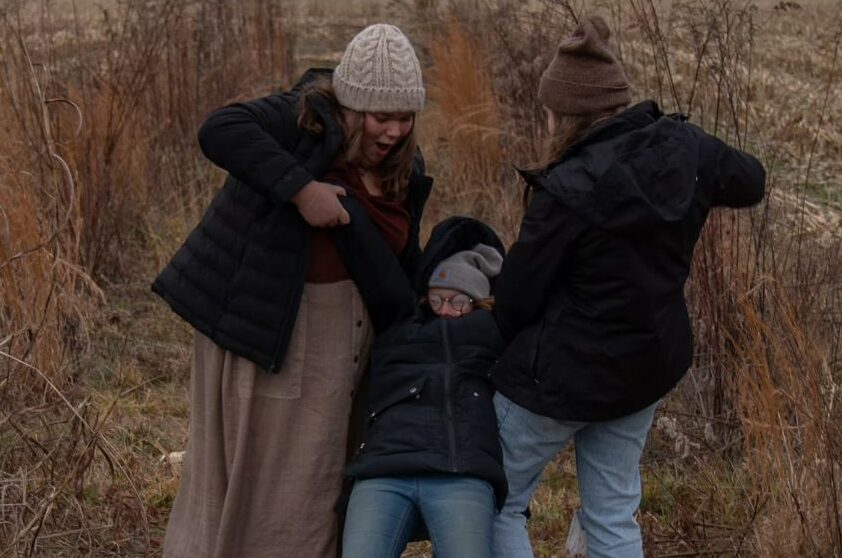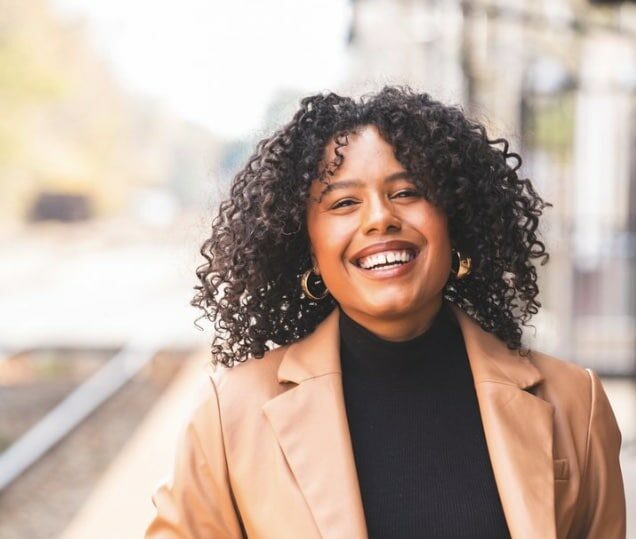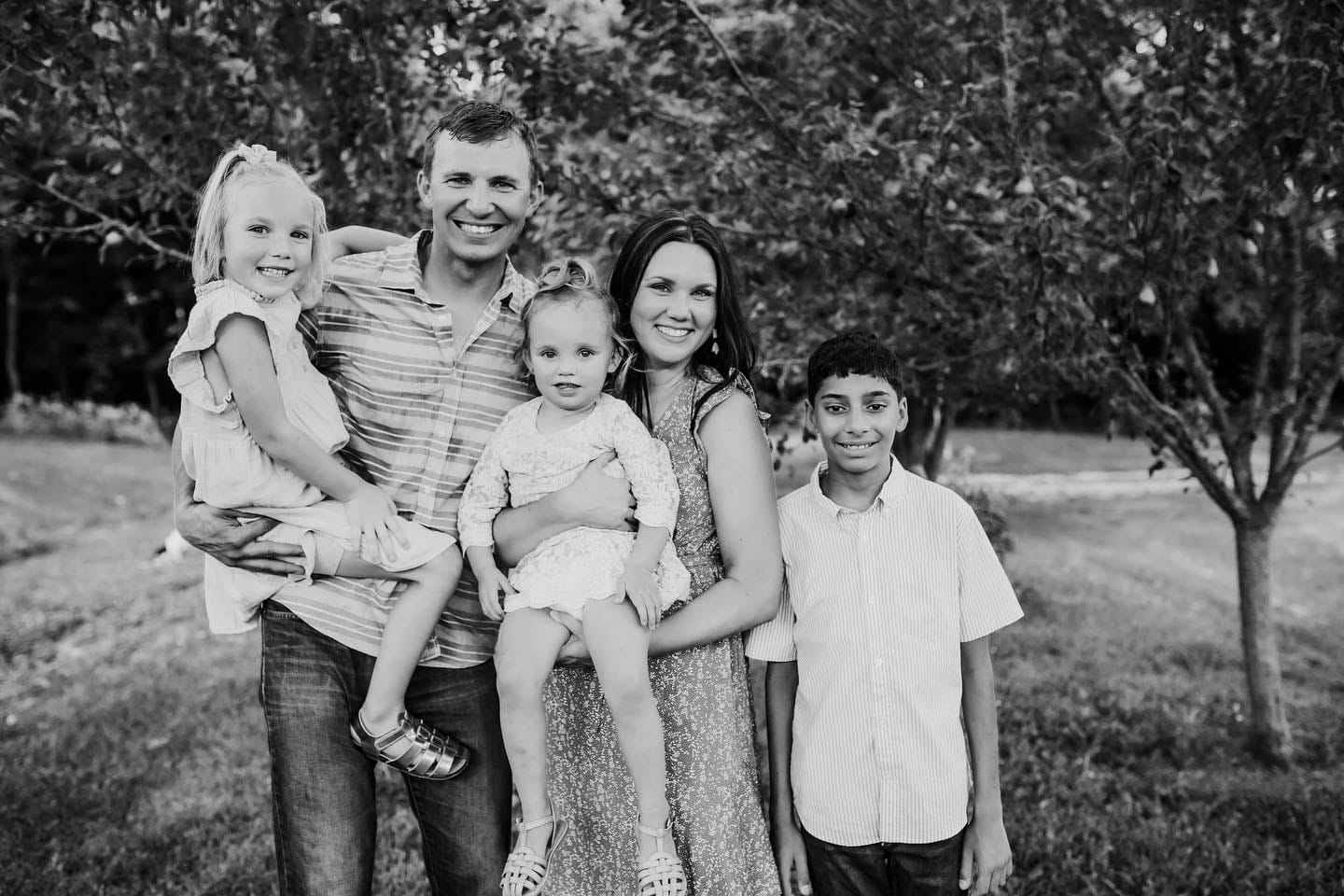
Written by: Julie Kouri, Founder and Executive Director of Fostering Hope Austin
Matt and I have 3 amazing kids through adoption. They are ages 14, 12 and 7 and they were each adopted at about 18 months of age. My sons are from Russia, and my daughter is from Ethiopia. Summing up our family in those few lines makes is sound so simple, but there was a lot of research, emotional ups and downs, and patience in our adoption adventure. Early on, there were 2 specific questions we needed answered as we moved forward.
The first question was how do we navigate the paperwork process of adoption? A good agency and people who had done it before helped us with this answer. The 2nd question was even more important and took us down a longer journey of research, growing compassion, and overcoming fears. This question was “Once I bring my child home, how do I help him heal from his past experiences and feel like a son in our family?
Early on in our adoption journey, the books and resources to answer this 2nd question were challenging to say the least. They all offered a very clinical approach usually citing research studies and clinical observations of adopted children interacting with therapists. While I was able to glean valuable wisdom and responses to my child, and even then, begin training other parents through conferences and support groups, it was not until I read “The Connected Child” by Dr. Karyn Purvis and Dr. David Cross that the lightbulb went off. They took their research and science and made it accessible to parents. I saw the incredible opportunity to deepen a connection to my own children, and even help other adoptive and foster families bring hope and healing to their kids.
Matt and I have been practicing trauma-informed care parenting with our children since they came home 13 years ago. We have been using the Trust Based Relational Intervention (TBRI) model for almost 10 years, but it isn’t a parenting model anymore. For us, it is a way of life. It’s the new lens that we see our children through, our family, and we see all of our relationships in this light. We can do this because trauma-informed care is not only a parenting model. It is an understanding of our design, as people, to be connected and growing in relationships with other people. It is the way we can trust, connect, and support healing for people who have experienced trauma, including our children.
My children would never have come to heal and find their preciousness without a trauma-informed parenting approach. Our traditional understanding of parenting would never have reached them and helped them heal from their past experiences. In fact, I believe if we would have parented them with traditional strategies, we would have caused even more trauma. They are not perfect, but they are connected to us and they take our instruction. They were once orphans, and now, transformed as our sons and daughter, and our family will always be a place of rest, support, and hope for them.
Fostering Hope Austin was founded with this as our unique mission – to equip families, churches and other organizations to bring hope and healing to children. We do this through trauma-informed support and training, and we believe that the new research on relationships and brain development can change our culture of care. Not only for our foster and adoptive children, but it even has the potential to change how we connect with our biological children, spouses, and the other people in our lives.
Would you like to learn more about trauma-informed care? If you are an adoptive or foster family or if you are someone who just wants to understand healing relationships better, please check out these online resources. We hope these are just teasers for you to seek a deeper understanding!
TED Talk – Dr. Nadine Francis Burke: How Childhood Trauma Affects Health
Introduction to Trust Based Relational Intervention
And of course, we would love to meet you in person at a training on trauma-informed care. We have classes every month and AFAH Conference on February 2, 2019. If you are a church community or organization, you can request trainings too. Go to www.fosteringhopeaustin.org for our training schedule or contact [email protected] for more information.



